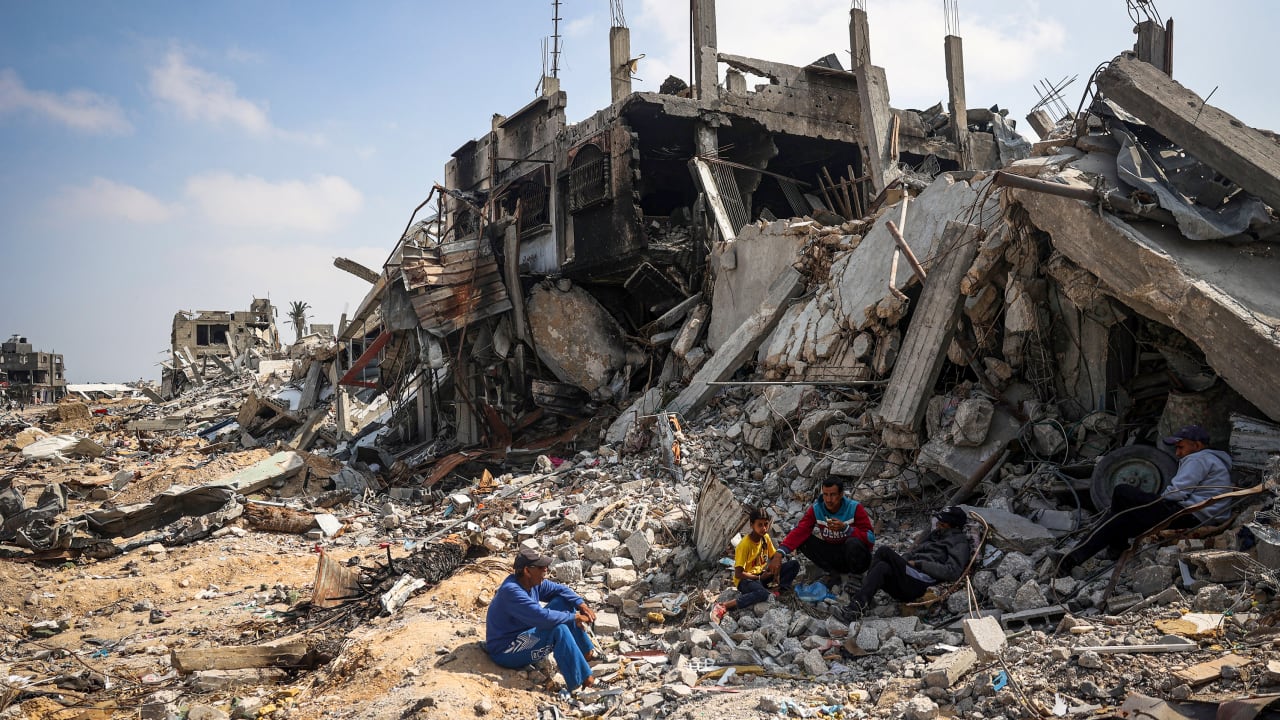Continued protests in Hong Kong couldn’t come at a worse time for Chinese President Xi Jinping and his government, who are still struggling with the fallout from a trade war with the United States and a faltering domestic economy.
In Chinese state media, the tone has been defiant. A spokesman for the country’s foreign ministry even blamed the US for the chaos in Hong Kong.
The reality, however, is that Beijing will be wary of the possibility that ongoing protests could damage Hong Kong’s business sector – especially at a time of growing pressure on China’s economy.
Hong Kong is allowed economic freedoms that are restricted to the rest of the country, which, tied with an unbiased court system left over from the UK colonial period, have led to many large Western businesses basing their lucrative China operations out of the city.
There is no end in sight to the trade war between the US and China after negotiations collapsed in early May and new tariffs were imposed by both sides on hundreds of billions of dollars of exports.
The Chinese government maintains it is not afraid of a trade war but there are already signs that the economy is continuing to slow.
As more US businesses begin to look at investments outside of China, Hong Kong’s role as the country’s most economically liberal city is more important than ever.
Read more analysis here.






